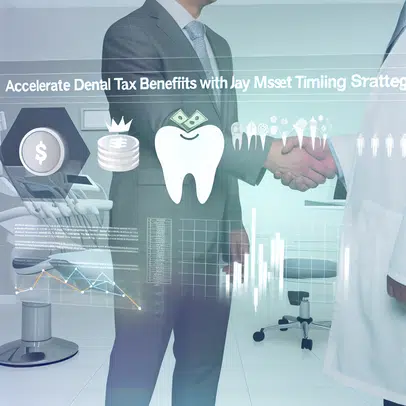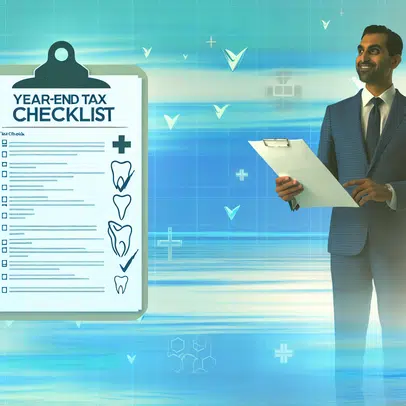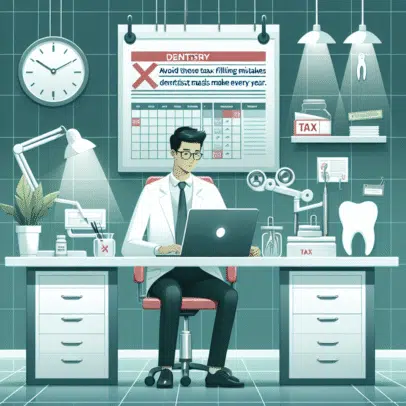Are You Paying More Taxes Than You Should?
Running a dental practice isn’t just about healthy smiles—it’s also about healthy finances. If you’re like most dentists, you focus hard on patient care and trust your CPA to handle the numbers. But what if you’re missing out on legal tax savings?
Here’s the good news: getting a second opinion on your taxes can uncover significant savings you didn’t know existed.
Why a Second Review Matters
Think about this—would you settle for a single opinion on a major dental diagnosis? Probably not. So why do the same with your taxes?
A second review of your dental practice taxes can help you:
- Catch deductions you might have missed
- Find outdated or incorrect filing strategies
- Ensure you’re using the best tax methods for your type of practice
Small mistakes or overlooked opportunities can add up to thousands of dollars each year. That’s money that could be reinvested into your practice—or even into your next well-earned vacation.
Common Tax Mistakes Dental Practices Make
Even experienced CPAs can miss the finer details unique to dental practices. Here are a few errors that show up time and time again:
- Not classifying associates or hygienists correctly — Employee vs. contractor classifications matter.
- Missing write-offs for equipment — Especially for expensive machinery like X-ray units or dental chairs.
- Overpaying self-employment tax — Entity structure impacts how much you owe.
- Ignoring cost segregation studies — These can speed up depreciation and lower your taxable income.
If these sound complicated, don’t worry. That’s the exact reason a second review can be so valuable.
A Real-World Example
One dentist in Ohio thought everything was fine until they got a second review. Their new advisor found missing deductions for continuing education and underutilized depreciation on their newly renovated office. The result? They saved over $35,000 in taxes that year alone.
This isn’t a one-off story. It happens more often than you’d expect—all across the United States.
How to Get a Second Opinion on Your Taxes
You don’t have to fire your current CPA to get another set of eyes on your taxes. Many financial experts offer complimentary or low-cost tax reviews especially tailored to dental professionals.
Here’s what you should bring:
- Last 2–3 years of tax returns
- Business entity information
- List of major purchases or expenses
Within a short analysis, a skilled reviewer can point out areas you may be overspending—or under-deducting.
Final Thoughts: Your Smile Deserves a Break… So Does Your Wallet
Just like your patients trust you to spot trouble before it becomes painful, your bottom line deserves the same attention. Tax laws change, deductions get missed, and no CPA is perfect.
Ask yourself this: What are you leaving on the table?
If your dental practice hasn’t had a tax second opinion in the last few years, now is the time. It’s a simple move that could lead to big savings—without adding stress to your already busy life.
So go ahead, give your finances the same care you give your patients. You just might smile a little bigger at tax time.




